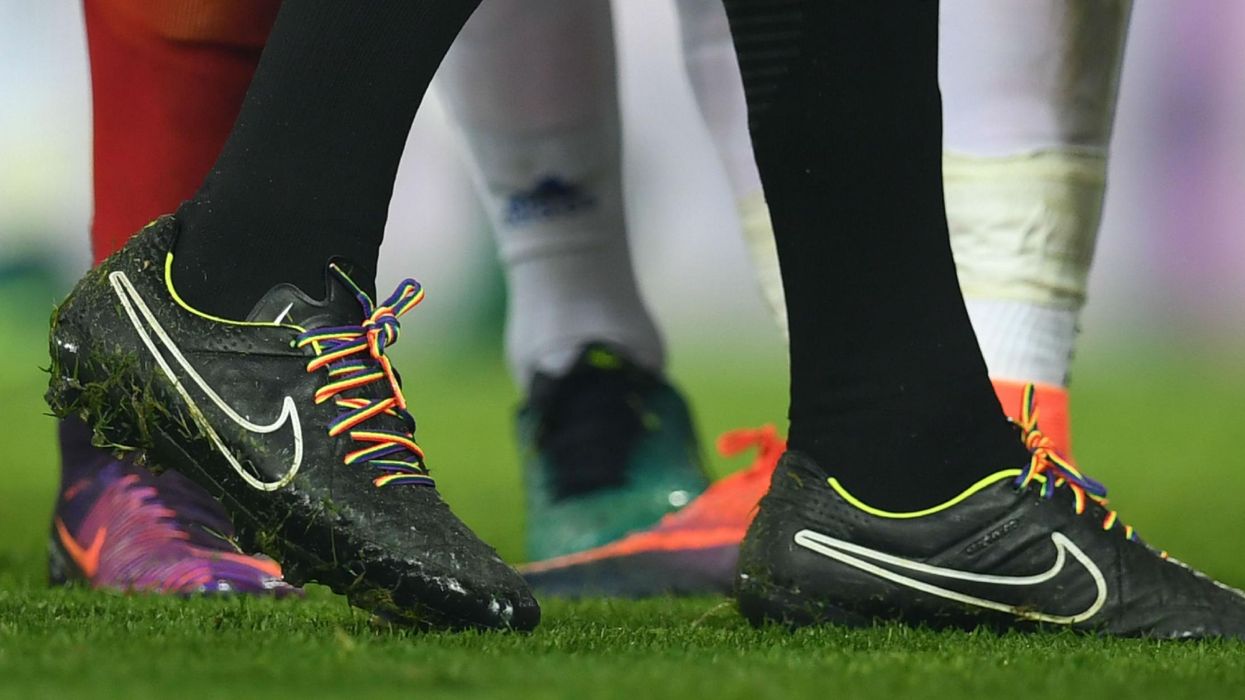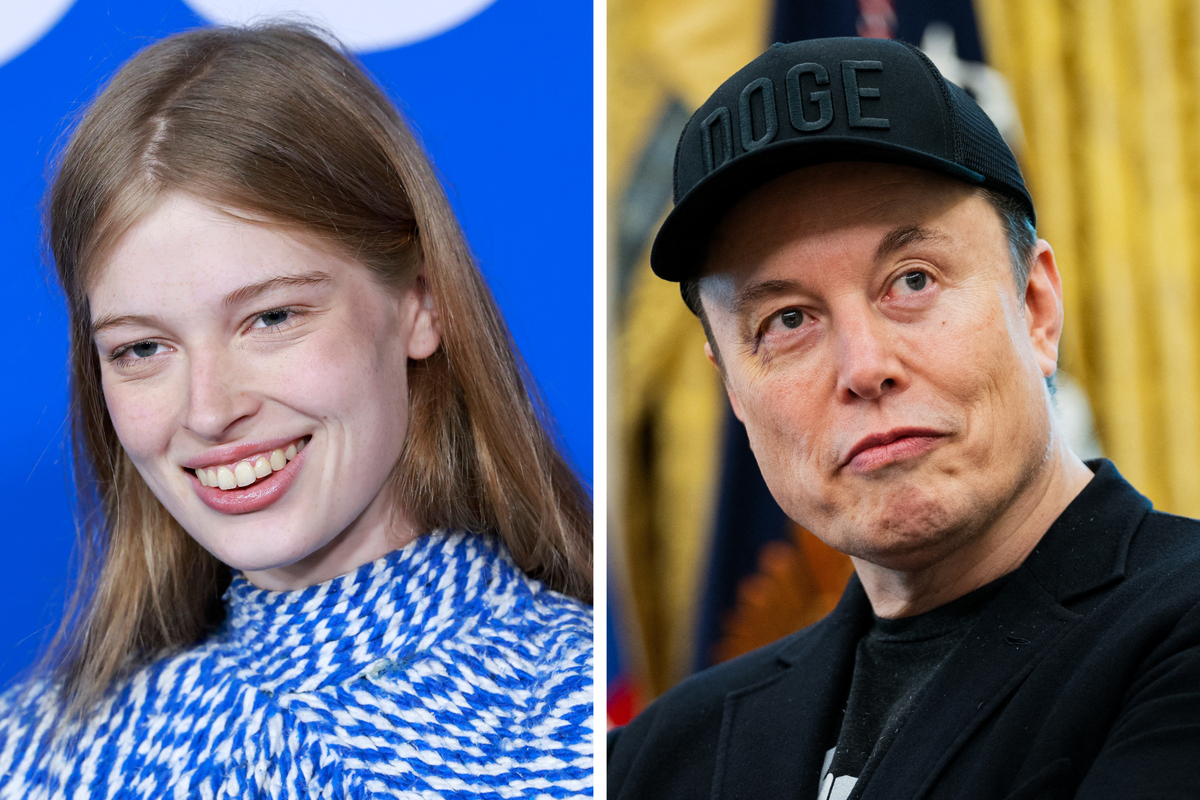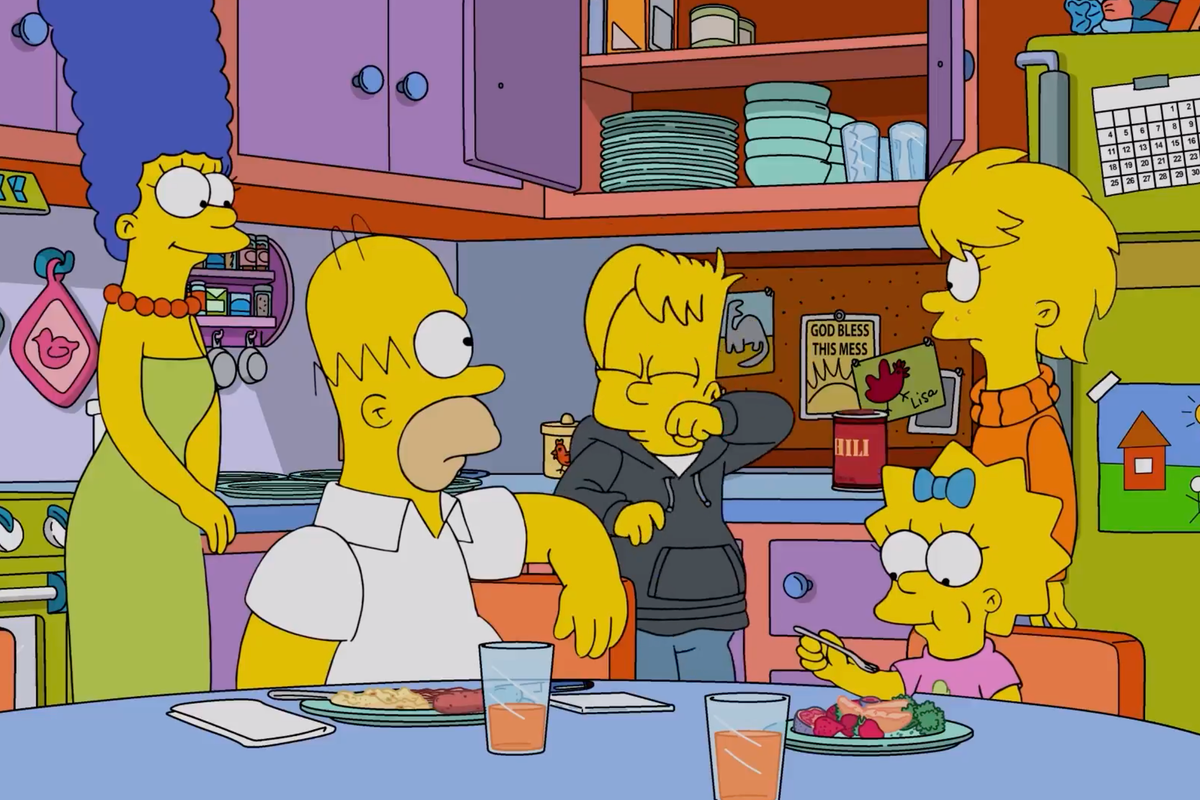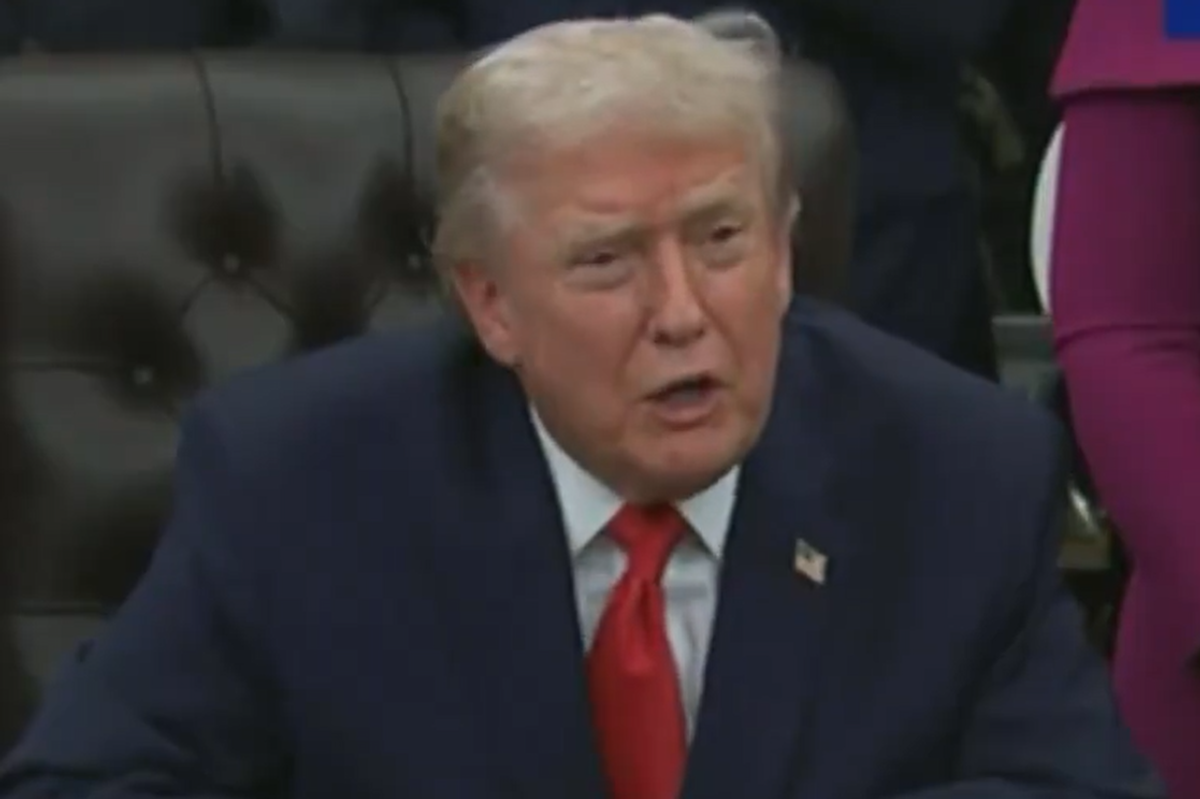News
Jake Hall
May 12, 2018

Photo: Paul Ellis / AFP / Getty Images
The Sun has published a story about a footballer alleged to be secretly conducting an affair with another man.
The lengthy piece, filled with quotes from the man in question, was crammed with salacious claims that the bisexual footballer is sleeping with a man despite having a wife and children. The author also states that the newspaper knows this footballer's identity, but has chosen not to reveal it.
Ironically, the story opens with one key detail: that the player in question won't come out, because he fears the backlash could wreck his career.
Provocative, tell-all exposés like these do nothing to eradicate the fear of homophobia which has so far prevented any Premiership footballer from openly identifying as anything other than heterosexual.
In response, Ryan Atkin - who made history by becoming the sport's first ever openly gay referee - tweeted his anger at the story, describing frustration at the fact that such high-profile news outlets still feel it's acceptable to imply a threat that they could potentially 'out' the player in question.
Speaking in more detail to indy100, Atkin explains:
It's that typical 'we know who you are' statement which is insidious.
Publishing the story with the underlying theme of a potential sex scandal is just another low blow, whether they print the name or not.
Atkin goes on to explain that forcing footballers to come out is neither a sign of progress, nor an indication of success. There are still no openly gay or bisexual Premiership footballers, but the only openly LGBT+ player in England, Liam Davis, is transparent about his sexuality because he was outed.
According to Atkin, The Sun's story shows that this intrusive, sensationalist style of reporting is still commonplace:
How the media reports on this subject is a huge part of changing our culture, and today's article shows that we have not progressed far enough.
Other media outlets have become allies, meaning that they actively support, champion and promote an inclusive culture for all LGBT+ people.
The problem isn't unique to football, either. Back in 2016, straight journalist Nico Hines created an account on gay hook-up app Grindr to write a Daily Beast exposé which 'outed' a number of athletes, some of whom had chosen not to disclose their sexuality for fear of homophobic violence. He was condemned and suspended but ultimately, after issuing an apology, reinstated.
Elsewhere, Stonewall research has highlighted the fact that football fans and players fear homophobic discrimination.
This has created a culture of silence which, Atkin argues, is easy for tabloids to exploit.
These stories sell! There is a fascination around sexual orientation within football, because it's always that same mentality: 'Oh, I wonder who it could it be.' Especially within men's football, it's still considered taboo to discuss homosexuality, and those who are actively involved in the sport often don't feel comfortable speaking up and challenging homophobia.
These attitudes have shifted marginally over the last few years. Atkin cites Stonewall's award-winning 'Rainbow Laces' campaign, which was met with support from high-profile footballers, as a sign that things are changing, but that more still needs to be done.
It shouldn't matter whether you're straight or gay. It's the same with ethnicity and racism.
The Kick It Out campaign isn't lacking in support, so I would like to see this same stance applied to campaigns by Stonewall and many others who are tackling homophobia in sport.
It is, after all, easier to be an ally than to be openly gay in an industry severely lacking in LGBT+ representation. "I can sympathise with a player not wanting to come out," states Atkin, "but I truly believe that a player's performance can be hindered by keeping their sexual identity secret. If you are not living your life in the way you want to, or if you're working in an industry in which you don't feel you belong, that must have its effects on you as an individual."
The disproportionately high rates of mental health problems among LGBT+ communities indicate that this is true; a combination of fear, stress and anxiety can make the lives of LGBT+ people struggling to come out particularly difficult.
For Atkins, the solution lies in visibility - which is precisely why he's so keen to stamp out sensationalism and create a climate in which players feel comfortable discussing their sexuality on their own terms.
It is important to have role models and allies. It could be a referee, a manager, a player or a fan, but it's crucial to demonstrate to younger people that you can openly identify as LGBT+ in sport if you choose to do so.
Football is 'the beautiful game' - it's loved by millions, and has touched us all at some point. It has a moral obligation to welcome everyone.
There's still a long way to go, but the presence of figures like Atkin, who has since used his profile to open up the conversation around LGBT+ representation in sport. "Hiding your emotions from friends, family and colleagues for so long means that, even after coming out, it can be hard for LGBT+ people to talk about themselves."
I know the mental suffering I went through for many years, so I want to create a platform where people can look to someone as an example.
Atkin cites rugby referee Nigel Owens, who has previously written about the homophobic abuse levelled at him online, as his own role model. Owens' story is one of triumph over adversity, although it came with several bumps in the road. At 26 years old, he attempted suicide. Despite being deeply unhappy, Owens continued to hide his sexuality for almost a decade after before finally opening up in 2005 and, he admits, being largely pleasantly surprised at the responses.
Stories like these are the ones which need to be told. Conversation can spark change, which in turn could mark a new, more inclusive era for the world of sports. By adding his own voice to these discussions, Atkin hopes to "help someone who's struggling, who needs to talk to someone".
The more people that come out, the easier it becomes for others - but speculation around the sexual orientation of professional footballers is one thing we really need to stop.
More: The rugby player who said gay people go to ‘hell’ once posed for a LGBTQ magazine
Top 100
The Conversation (0)













